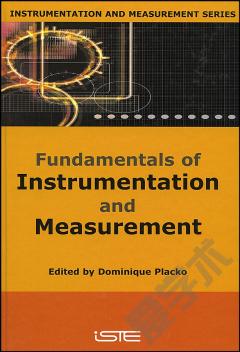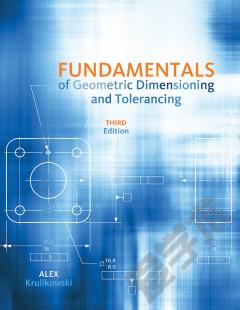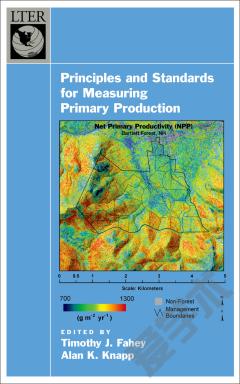Measurement and Instrumentation Principles
Measurement activities in advanced industrial countries are estimated to account for somewhere between 3% and 6% of a country's Gross National Product. A well-founded National Measurement System is crucial to economic well-being and the quality of life for all citizens. It is like the oxygen we breathe - unseen and taken for granted - but it is absolutely essential for life as we experience and know it. That all students of science and technology should understand the fundamental nature of measurement and something about its implementation using instrumentation should be self-evident to even the dullest Head of Department, Dean of Faculty or Vice Chancellor of our colleges and universities. The subject's boredom factor long since disappeared. The science, the technology and the application of measurement systems are all exciting flagship activities in any endeavour in the manufacturing and process engineering industry, transport, medicine and bioscience, natural and built environment, and so on. Information technology, computing and control automation and quality engineering are like stranded whales without underpinning by and integration with measurement systems. Technological innovation and commercial exploitation are non-starters without advanced measurement. You can forget globalization and advanced technology if you fail in supporting a sound measurement infrastructure. The key factor for production of measurement strength is a trained and skilled labour force which understands the need for measurement fidelity and can interact intelligently with measurement experts. Therefore the key tests to be passed for any general textbook in the area of measurement and instrumentation relate to depth on principles and breadth on implementation. Alan Morris has updated his 1988 and 1993 editions of this measurement book to emphasize advances in the use of intelligent and distributed instrumentation, measurement reliability and safety systems, and formal standards governing instrument calibration procedures and measurement system performance. The text is divided into two parts: principles of measurement in Part 1 (240 pages), and instruments and sensors to measure various physical quantities (200 pages). Mathematics is kept to a minimum, and worked examples and self-assessment questions (with answers) are provided. There is reasonably good coverage of the necessary topics for undergraduate introductory courses to the subject, but it has not been possible to provide in-depth coverage in all topics suitable for higher-level courses and for adequate updating by practising engineers. Unfortunately there are two serious limitations to the book. Firstly, the two chapters on measurement errors and calibration have not kept pace with developments since 1993 with the introduction of the ISO Guide to Uncertainty of Measurement, and changes in the UK National Measurement System Infrastructure (UKAS, ISO 17025, etc). Everybody should now be able to understand intelligently (and, for some, develop) the standard table format for evaluation of uncertainties of measurement. Measurement should now be seen as a measurement range within which the true measurement value might be expected to lie with a given confidence level. Measurement is no longer just a number with an error attached. Measurement is all about how to reasonably deal with uncertainty and non-repeatability of observation in the physical world. My second concern about the book is a lack of a good set of up-to-date references and bibliography for all chapters. For example, during the past ten years an abundance of good books on all types of sensor have appeared. The SENSOR and TEST exhibition in Nuremberg in May 2001 had some 860 exhibitors of commercial products. The book by Alan Morris contains only one inadequate chapter (23 pages) on the subject of sensors. An introductory text must lever people into the subject field and allow follow-ups. I am afraid that during the past decade much of industry has failed badly to keep abreast of good measurement practice and advanced measurement technology and this is particularly true in Britain. Pedagogues must help to force the pace of change in a knowledge-based economy. A strong link between research and teaching is essential for this to happen. Barry E Jones
{{comment.content}}








 京公网安备 11010802027623号
京公网安备 11010802027623号